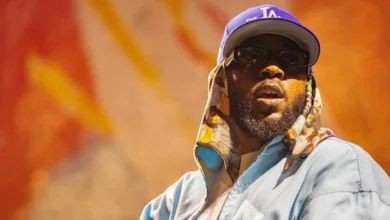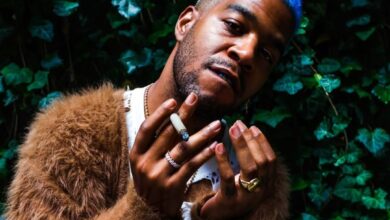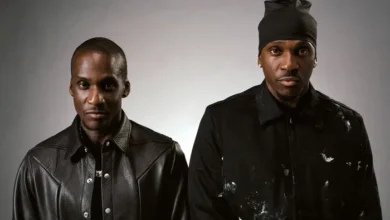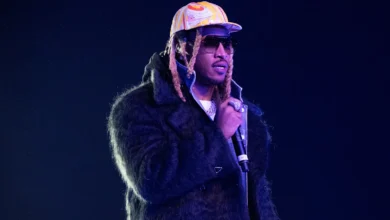Drake Takes Aim at Universal Music Group and Spotify: A Bold Legal Petition with High Stakes

Drake has sparked major controversy in the music industry with his legal petition accusing Universal Music Group (UMG) and Spotify of using payola practices and botting to artificially inflate the sales and streams of his song “Not Like Us.” This unprecedented move has set the stage for a potential landmark case, raising questions about industry ethics, streaming manipulation, and the power dynamics between artists and record labels.
The Petition That Could Change the Industry
Drake’s petition accuses UMG and Spotify of engaging in practices that undermine transparency and fairness in music distribution. These accusations include alleged payola—where labels pay platforms to promote certain artists—and botting, which involves using automated systems to inflate stream counts. The claims have reignited debates about authenticity in the streaming era and the ways industry giants influence success metrics.
However, DJ Akademiks, a prominent media personality, has expressed skepticism about the petition’s potential success. During a recent livestream, Akademiks noted that while Drake’s legal challenge could pave the way for groundbreaking changes, it also comes with enormous risks.
Akademiks’ Analysis: Risk vs. Reward
According to Akademiks, the case could force the music industry to confront long-standing issues of manipulation and inequity. However, he also warns that UMG, one of the most powerful entities in music, could retaliate harshly. “Universal might make an example out of Drake,” Akademiks suggested, implying that the label could impose significant consequences both in court and in its treatment of Drake as an artist.
One way this could manifest, Akademiks argued, is through UMG sabotaging Drake’s future projects. To mitigate this, he recommended that Drake release his upcoming collaborative album with PARTYNEXTDOOR via his independent venture, 100 GIGS, instead of through UMG.
Historical Context: The Industry vs. Its Stars
Akademiks compared Drake’s current position to past instances of artists challenging the industry machine. He cited Kanye West, Diddy, and 50 Cent as examples of musicians who faced backlash for their defiance, often becoming martyrs in their battles. However, he noted that Taylor Swift and Dave Chappelle are rare exceptions who successfully forced the industry to bend to their terms.
“Drake’s fight is with the highest higher-ups at Universal,” Akademiks emphasized, adding that this level of confrontation makes the stakes even higher.
The Uncertain Future
The outcome of Drake’s petition remains unpredictable. If successful, it could redefine accountability in the music industry and empower artists to demand greater transparency from labels and streaming platforms. On the other hand, failure could lead to career-altering repercussions for one of hip-hop’s biggest stars.
As DJ Akademiks concluded, this battle highlights the risks of taking on the industry’s most powerful players: “Drake could either become a hero who changed the game or a cautionary tale of what happens when you challenge the machine.”
In a world where streams, sales, and charts dominate perceptions of success, Drake’s petition is more than just a legal maneuver—it’s a bold statement about the future of music and the artists who create it. Fans and




